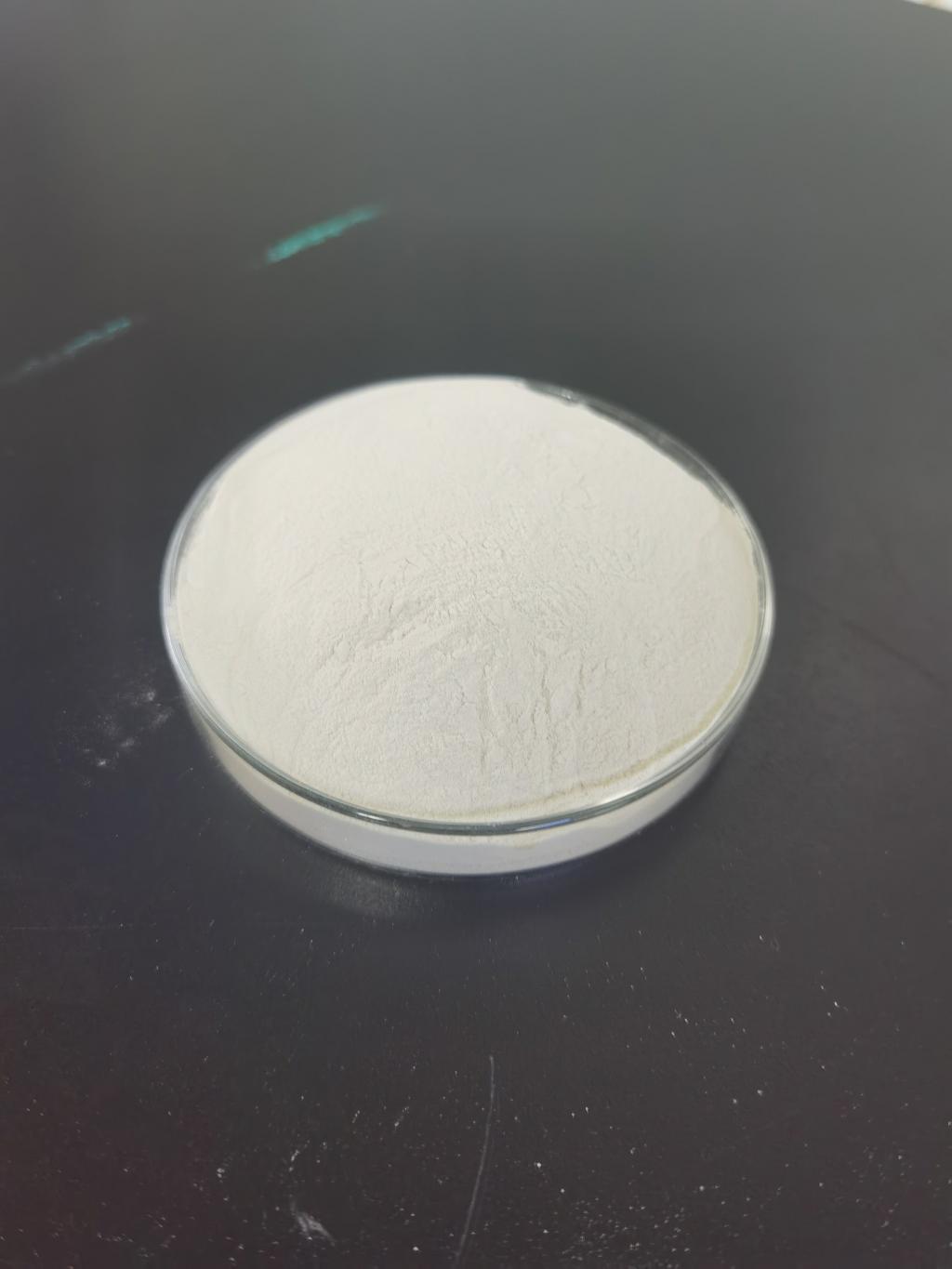Tel:0086 18231198596

News
Clean Label Food Products with Nisin.
TIME:2023-11-03
Nisin: A Natural Preservative
Nisin is a naturally occurring antimicrobial peptide that was first discovered in the 1920s. It is produced by select strains of lactic acid bacteria, such as Lactococcus lactis and various Lactobacillus species. Nisin has been used in the food industry as a preservative for decades, as it effectively inhibits the growth of various Gram-positive bacteria, including pathogens like Staphylococcus and Listeria. Nisin's ability to extend the shelf life of food products while maintaining clean label status makes it a valuable ingredient in the industry.
1.1 Mechanism of Action
Nisin's mechanism of action is well-documented. It disrupts bacterial cell membranes by binding to lipid II, a precursor of peptidoglycan synthesis. This binding results in the formation of pores in the bacterial cell membrane, causing the leakage of essential ions and molecules, ultimately leading to bacterial cell death. Importantly, nisin has a high degree of selectivity for Gram-positive bacteria, making it compatible with clean label food products.
1.2 Selective Activity
One of the key advantages of nisin is its selective activity against Gram-positive bacteria. Since most foodborne pathogens fall into this category, nisin is effective at inhibiting their growth while leaving beneficial bacteria largely unharmed. This selectivity reduces the risk of negatively impacting the natural microflora of food products.
Clean Label Foods: A Growing Trend
Clean label foods are characterized by their simplicity and transparency regarding ingredients. Consumers are increasingly seeking products with fewer additives and chemicals, and a focus on natural, recognizable components. This trend is driven by the desire for healthier, more natural food choices and the growing concern about the potential health effects of synthetic additives.
2.1 Clean Label Principles
Clean label foods typically adhere to the following principles:
Few and Simple Ingredients: Clean label products have ingredient lists with fewer, more straightforward components.
No Artificial Additives: They are free from artificial colors, flavors, sweeteners, and preservatives.
Transparency: Manufacturers provide clear and understandable ingredient information on the product label.
Natural and Wholesome: Clean label foods prioritize natural, minimally processed ingredients and avoid synthetic chemicals.
Nisin in Clean Label Food Products
Nisin's properties make it an ideal ingredient for clean label food products. It helps to improve food safety, extend shelf life, and reduce the need for synthetic preservatives and additives. Here are some key applications of nisin in clean label foods:
3.1 Dairy Products
Dairy products, such as cheese, yogurt, and cottage cheese, can benefit from the addition of nisin. Nisin inhibits the growth of spoilage and pathogenic bacteria, ensuring product safety and extending shelf life without the need for synthetic preservatives.
3.2 Meat and Poultry
Nisin can be used in clean label meat and poultry products, including deli meats and sausages. By inhibiting the growth of harmful bacteria like Listeria and Staphylococcus, nisin helps maintain product safety and extends shelf life.
3.3 Bakery Products
Bakery items like bread, pastries, and muffins can benefit from nisin's preservative properties. Nisin inhibits the growth of molds and yeasts, helping to keep these products fresh without the use of chemical preservatives.
3.4 Ready-to-Eat Meals
Nisin can be incorporated into clean label ready-to-eat meals, such as salads and sandwiches, to prevent the growth of pathogenic bacteria and extend shelf life. This ensures product safety and quality without compromising clean label principles.
3.5 Plant-Based Foods
Nisin is suitable for plant-based foods as well. It can be used in plant-based cheeses, yogurts, and meat substitutes to improve safety and shelf life, meeting the clean label expectations of consumers seeking plant-based alternatives.
Safety and Efficacy of Nisin
The safety and efficacy of nisin have been extensively studied. Nisin has been designated as "Generally Recognized as Safe" (GRAS) by the U.S. Food and Drug Administration (FDA) for use in various food products, indicating its safety for human consumption. Studies have shown that nisin effectively inhibits the growth of targeted bacteria, making it a valuable tool in preserving food safety and extending shelf life.
Regulatory Considerations
Using nisin in clean label food products requires adherence to regulatory guidelines and labeling requirements. Manufacturers should ensure compliance with local and international regulations, including maximum allowable usage levels and labeling requirements related to nisin content in food products.
Future Prospects
As the demand for clean label foods continues to grow, the use of nisin as a natural preservative is likely to become more widespread. Innovations in nisin-based food preservation techniques, along with research to optimize its use, will contribute to its broader adoption in clean label products. Additionally, consumer education about the safety and efficacy of nisin in preserving food without synthetic additives will be essential to build trust and meet the expectations of clean label-conscious consumers.
Conclusion
Clean label food products are on the rise as consumers seek healthier, more natural options. Nisin, a naturally occurring antimicrobial peptide, plays a vital role in meeting these demands by improving food safety and extending shelf life while adhering to clean label principles. Its selective activity against Gram-positive bacteria and safety for human consumption make it an ideal ingredient for a wide range of clean label food products. As the clean label trend continues to gain momentum, the incorporation of nisin in food preservation will likely become even more prominent, providing consumers with the transparent and safe food options they desire.

 CONTACT
CONTACT




